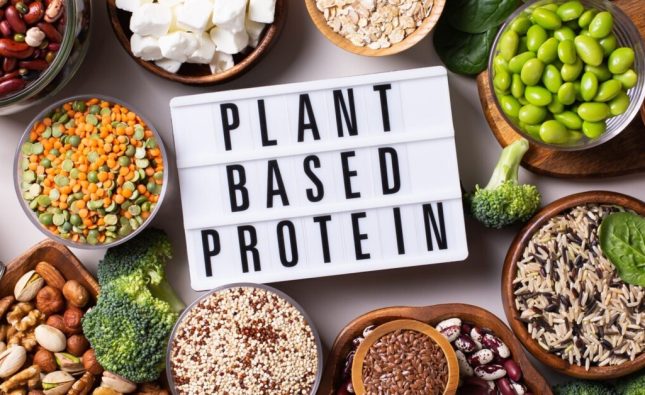
In the world of social media, even the smallest things can spark a massive firestorm. Case in point: olive oil. Yes, you read that right! Olive oil became an unlikely battleground on social media that ignited a heated debate among foodies and health enthusiasts alike. But why did this happen? How did such a seemingly innocuous topic turn into a full-blown online drama? In this blog post, we’ll take a closer look at how social media drama over olive oil unfolded and explore what it tells us about our relationship with technology and each other. So grab some popcorn (or maybe some bread for dipping) and let’s dive in!
Background of Olive Oil
Olive oil, also known as “liquid gold,” has a rich history that dates back to ancient times. It has been used for cooking, medicinal purposes, and even skincare for centuries. Made from pressing the fruit of the olive tree, it is a staple in Mediterranean cuisine and has become increasingly popular around the world due to its numerous health benefits.
The production of olive oil involves several stages such as harvesting, cleaning, grinding and pressing. The olives need to be thoroughly washed before they are ground into a paste which is then pressed to extract the oil. Extra-virgin olive oil (EVOO) is considered the highest quality type of olive oil because it is made purely by mechanical means without any chemical processing.
Not only does EVOO taste delicious with its fruity and slightly bitter flavor profile but it’s also loaded with antioxidants that can help reduce inflammation in your body. Additionally, studies have shown that consuming EVOO regularly may lower your risk of heart disease and stroke.
Despite all these benefits though, there are various types of olive oils available on the market today – some better than others – which contributes to confusion among consumers when choosing their preferred type of Olive Oil.
How Olive Oil Became a Battleground on Social Media
Olive oil, a staple in many kitchens around the world, has recently become the center of attention on social media. It all started when a popular food blogger claimed that certain brands of olive oil were fake and not pure as advertised. This sparked outrage among consumers who felt cheated and misled by these companies.
What followed was a heated debate on social media with people taking sides and defending their preferred brands. Some even went so far as to conduct taste tests and post videos online to prove their point.
As the battle raged on, more allegations were made about other food products being counterfeit or adulterated. The controversy also brought to light issues regarding labeling regulations for olive oil.
The stakes were high for both sides as sales and reputations hung in the balance. Companies had to defend themselves against accusations while consumers had to navigate through conflicting information online.
In the end, it became apparent that this was not just about olive oil but rather an issue of transparency and trust between businesses and their customers. The lesson here is that social media can amplify even the smallest disputes into major battles with real-world consequences.
Results of the Social Media Battle
The social media battle over olive oil may seem like a small and insignificant issue, but its impact is far-reaching. It has shown how quickly things can escalate online and how important it is to approach disagreements with civility.
One of the main results of this battle was the polarization of opinions. People began to take sides and defend their beliefs fiercely. This led to a lot of name-calling, insults, and even threats. The internet gave people the anonymity they needed to say whatever they wanted without fear of repercussion.
Another result was the spread of misinformation. As people shared articles, memes, and posts about olive oil, many false claims were made that had no scientific basis. Some claimed that certain brands were superior while others said that olive oil was unhealthy altogether.
The final result was the erosion of trust in both individuals and institutions. People became skeptical about what they read online as fake news sites proliferated during the battle. They also lost faith in major organizations such as food companies or government agencies who failed to address these issues head-on.
While it may be easy to view these battles as trivial matters on social media platforms, there are real-world consequences for our actions online – especially when we allow conflicts such as these to spiral out of control unchecked by reason or respect.
Conclusion
Social media has become an integral part of our lives. It allows us to connect with others and share experiences, but it also has the power to create drama and conflict. The olive oil controversy is just one example of how seemingly small issues can escalate into full-blown battles on social media.
However, we can learn from this experience and use it as a reminder that online discussions should be approached with caution and respect for differing opinions. We should strive to engage in meaningful conversations rather than resorting to name-calling or attacking others.
At the end of the day, social media drama may seem tiny in comparison to larger global issues, but its impact on individuals’ mental health and overall well-being cannot be ignored. Let’s all do our part in promoting positivity and productive dialogue online.










